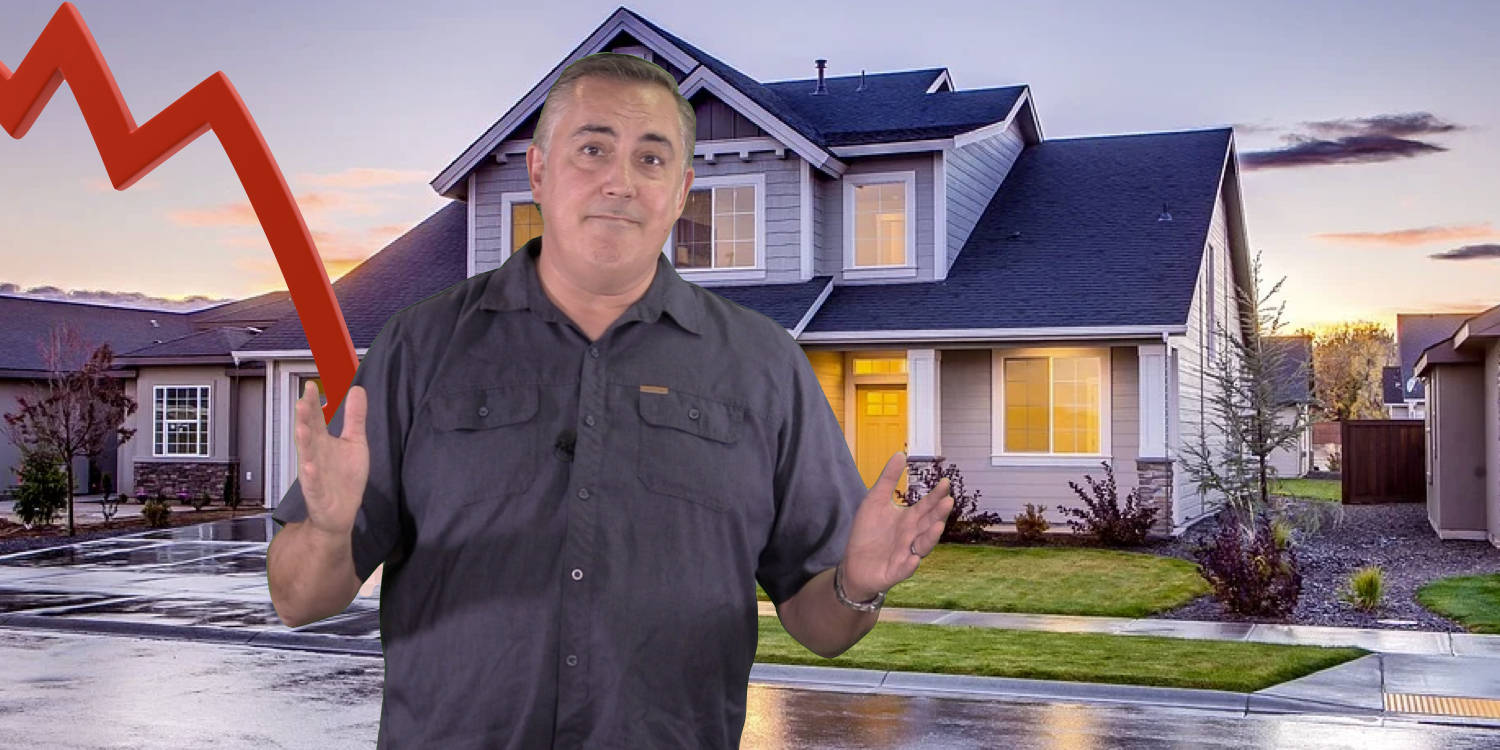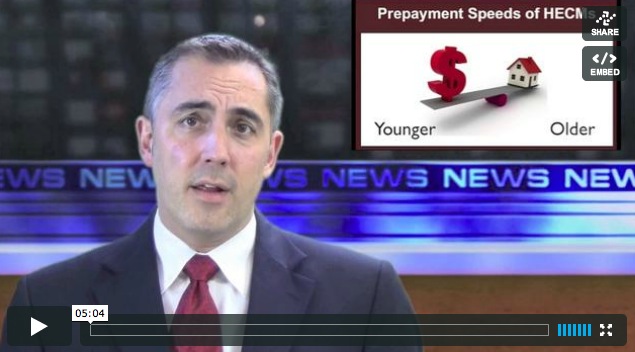Home prices must drop in these markets. Here’s why.
Continue readingHUD’s Inspector General points to remaining HECM issues
HUD’s Office of the Inspector General (OIG) pointed to a handful of continuing issues that undermine the FHA insurance fund. One of them, not surprisingly, deals with violations of HUD’s HECM occupancy requirements…
Continue readingDo Reverse Mortgages Transform Home Debt into an Asset?
Inflation is at its highest level since 1982
The latest inflation numbers are out and they’re downright unsettling, especially for retired Americans living on a fixed income.
Last week inflation in the U.S. jumped to its highest level since January 1982. CNN Business reports the Consumer Price Index rose 7.9% in the last 12 months. The Bureau of Labor Statistics tracks consumer costs using what’s called a ‘basket of goods’. That basket is heavily influenced by housing and rental costs, food, and energy costs; each of which has skyrocketed in the last year.
For example,
[read more]
energy costs have spiked 25% from February 2021 to February 2022. And that number does not include the 70 cents per gallon surge in the price of gas at the pump last week alone!
The honest truth is inflation will be with us for some time and will not go away quickly. Prudent older Americans should prepare for a continued increase in the cost of living.
So how does a reverse mortgage transform mortgage debt into an asset? If you define an asset as a benefit to the borrower then it certainly is. If you use the accounting definition we find that a reverse mortgage is not an asset that offsets liabilities. However, what a reverse mortgage does provide is the asset or benefit of increased cash flow.
A homeowner refinancing their existing traditional mortgage into a reverse allows them to stop making monthly principal and interest payments altogether. That’s why reverse mortgage borrowers never receive a payment book to submit regular payments or any payments whatsoever. Can they choose to make payments? Of course. And just like any mortgage, the homeowner must continue to pay property taxes and homeowner’s insurance to avoid defaulting on the loan.
What about homeowners with no mortgage balance? If they’re retired then they are likely living on a fixed income that cannot absorb the erosion of the dollar. When the cost of filling their gas tank increases by $50 in a month where will they find the extra money to make up the difference? What expenses can they realistically cut? Just how far are older homeowners willing to give up the things that give them the quality of life that includes as eating out, driving to visit family, or social engagements? At what point does paying off a mortgage become more important than one’s own happiness and sense of well-being?
Inflation is likely to worsen forcing many older Americans to become miserly or creative. The creative option is more widely available thanks to today’s low interest rates and high home values. However, with the Federal Reserve planning to enact a series of interest rate hikes, that window of opportunity is closing fast. Transforming mortgage debt into the asset of a loan with no required installment payments not only frees up much-needed cash each month, it allows the prudent to prepare for what may be one of the most tumultuous economic periods in American history.
Who will sound the alarm? Who will inform older homeowners that there are options to convert their housing debt into a non-recourse loan that doesn’t require principal and interest payments? Their financial advisor? How about their accountant? Will their mortgage broker who helped them refinance their loan 2 years ago enlighten them? Likely neither will. That’s where dedicated reverse mortgage professionals like yourself can begin reaching out to both homeowners and professionals alike before it’s too late.
[/read]







